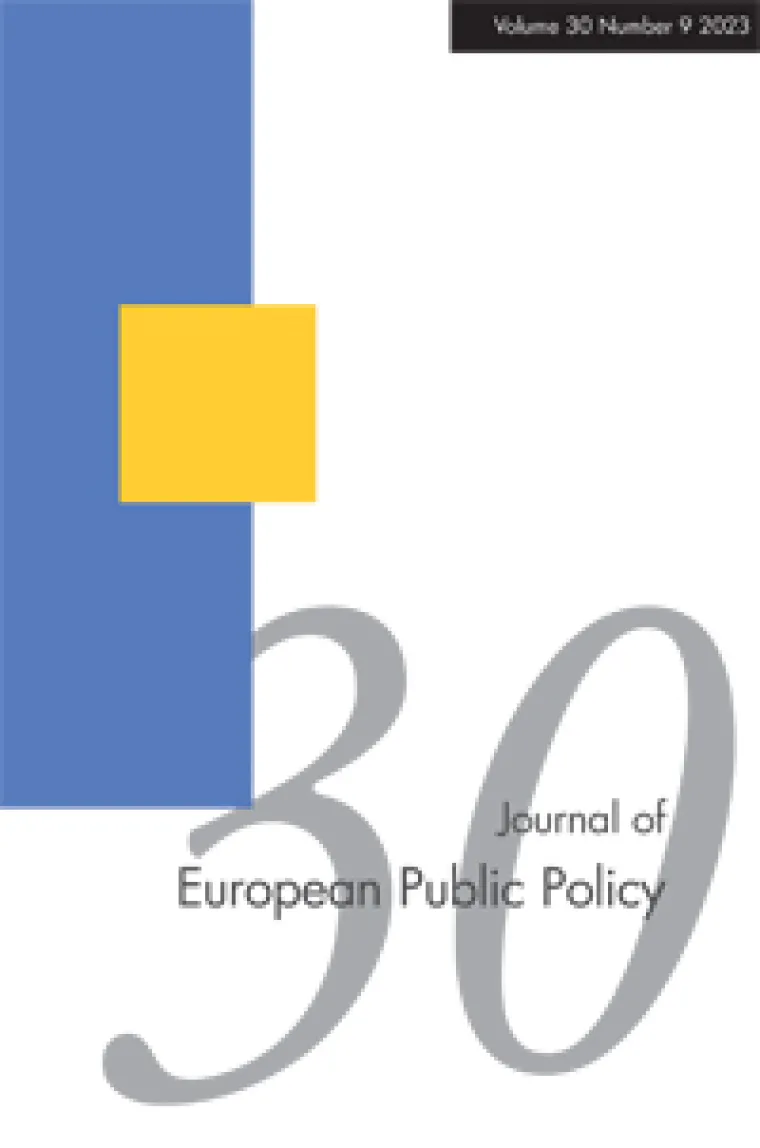A growing body of public policy and governance scholars recognise the importance of learning in supporting adaptive and responsive governance systems. Fostering learning within policy processes and governance systems, however, can be challenging. Collectively, we often ignore or misinterpret relevant policy information, or we may be incapable of translating new information into policy. Despite significant scholarly attention to learning, knowledge of the barriers to learning remains underdeveloped. To advance theoretical insights, this article integrates research on individual cognitive biases with literature on learning to identify barriers that can block learning or lead to non-learning in policy and governance processes. It also explores how these barriers can be mitigated or exacerbated by different governance contexts. Based on these insights, this paper provides guidance for researchers on how to empirically assess learning barriers across different governance contexts.


